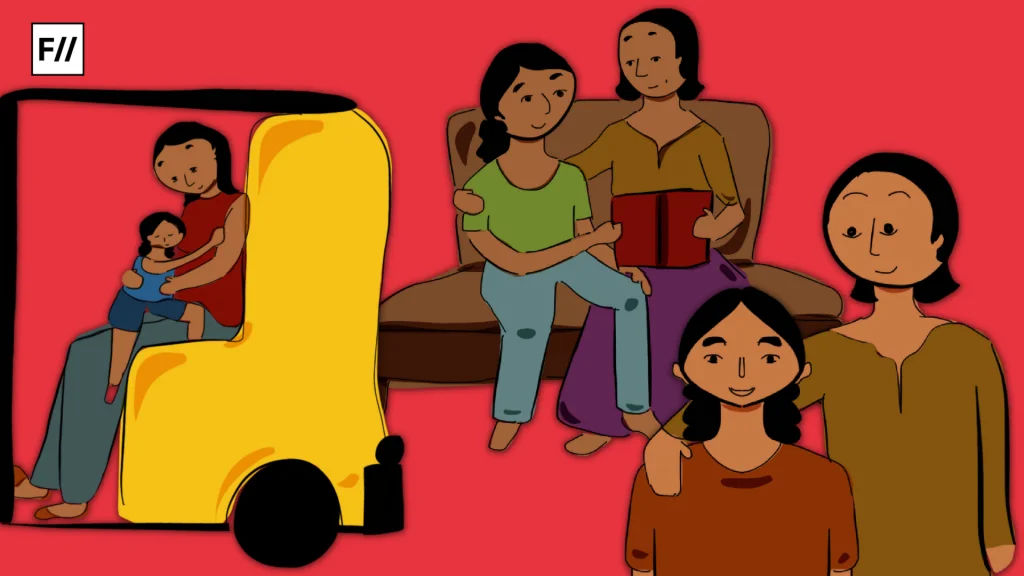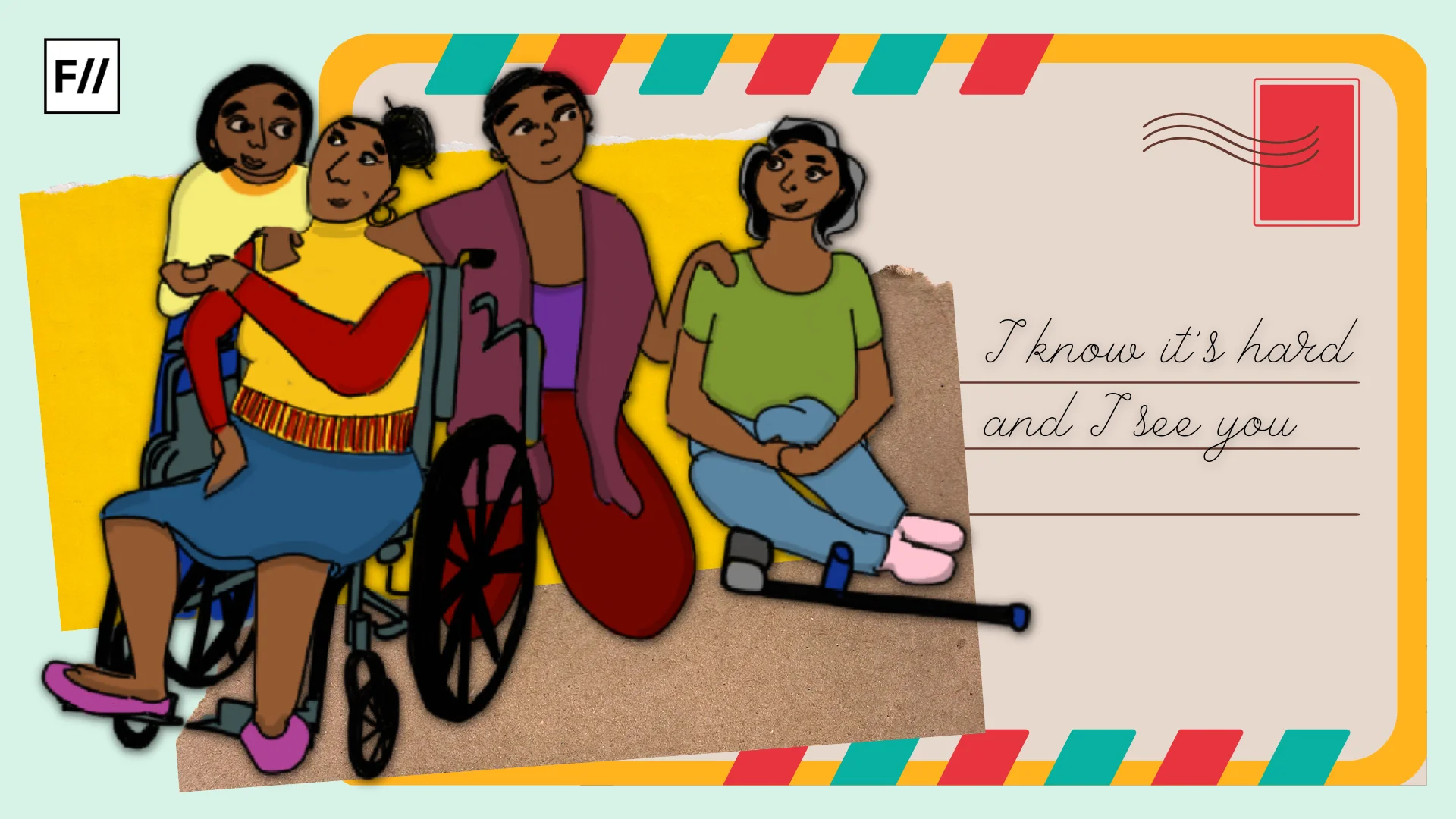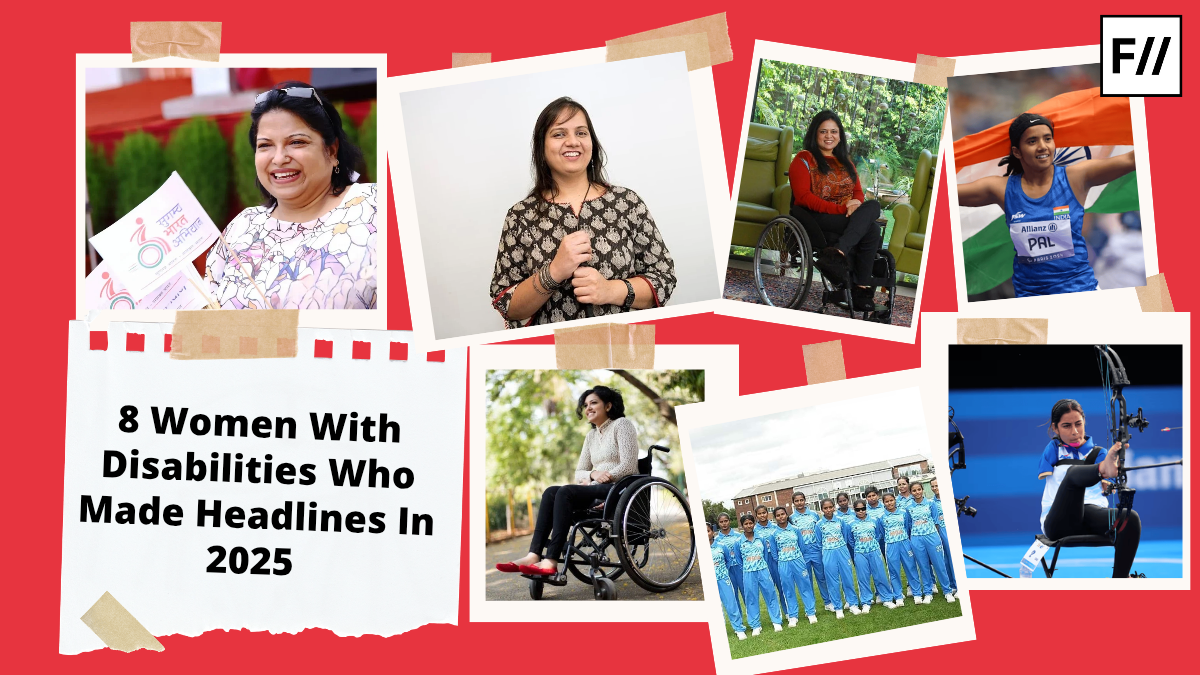‘Motherhood is beyond gender, motherhood is a behaviour’
Gauri Sawant
In a world that constantly glorifies motherhood and encourages women to embrace it, often at the cost of sacrificing their own sense of self, individuality and personhood, it is disheartening to see that our definition of “motherhood” is defined by a woman’s biological ability to bear children and not the maternal instinct that cultures across the world rave about. Mothering outside the norm is not an option, motherhood unburdened with society’s expectation of what it means to be a good mother is a dream unfulfilled.
The idea of “nurturing”
In a society where anyone and everyone seems to have reserved the right to comment on a woman’s motherhood, her parenting skills and decisions, it is unsurprising that women with disabilities are harshly scrutinised and questioned when it comes to choosing this path for themselves. A woman is as it is not given many choices in life and motherhood for most comes as a necessity, a rite of passage that they have to walk and cannot chose not to. While women in general are questioned for not wanting motherhood, women with disabilities are barred from even thinking about it.
While women in general are questioned for not wanting motherhood, women with disabilities are barred from even thinking about it.
“Nurturing” is considered a mother’s primary role and often people with disabilities are themselves in need of nurturing, but then there’s a difference. This difference is between the usual definition of the word nurturing versus how society defines this term in the context of motherhood. To them a mother should lose all of her individuality, her goals and personhood as soon as she becomes a mother. She should be able to feed the child, change diapers and take care of all their needs for the rest of her life. Often women who define their motherhood against this ‘self-sacrificing’ agenda pushed to them are villainised.
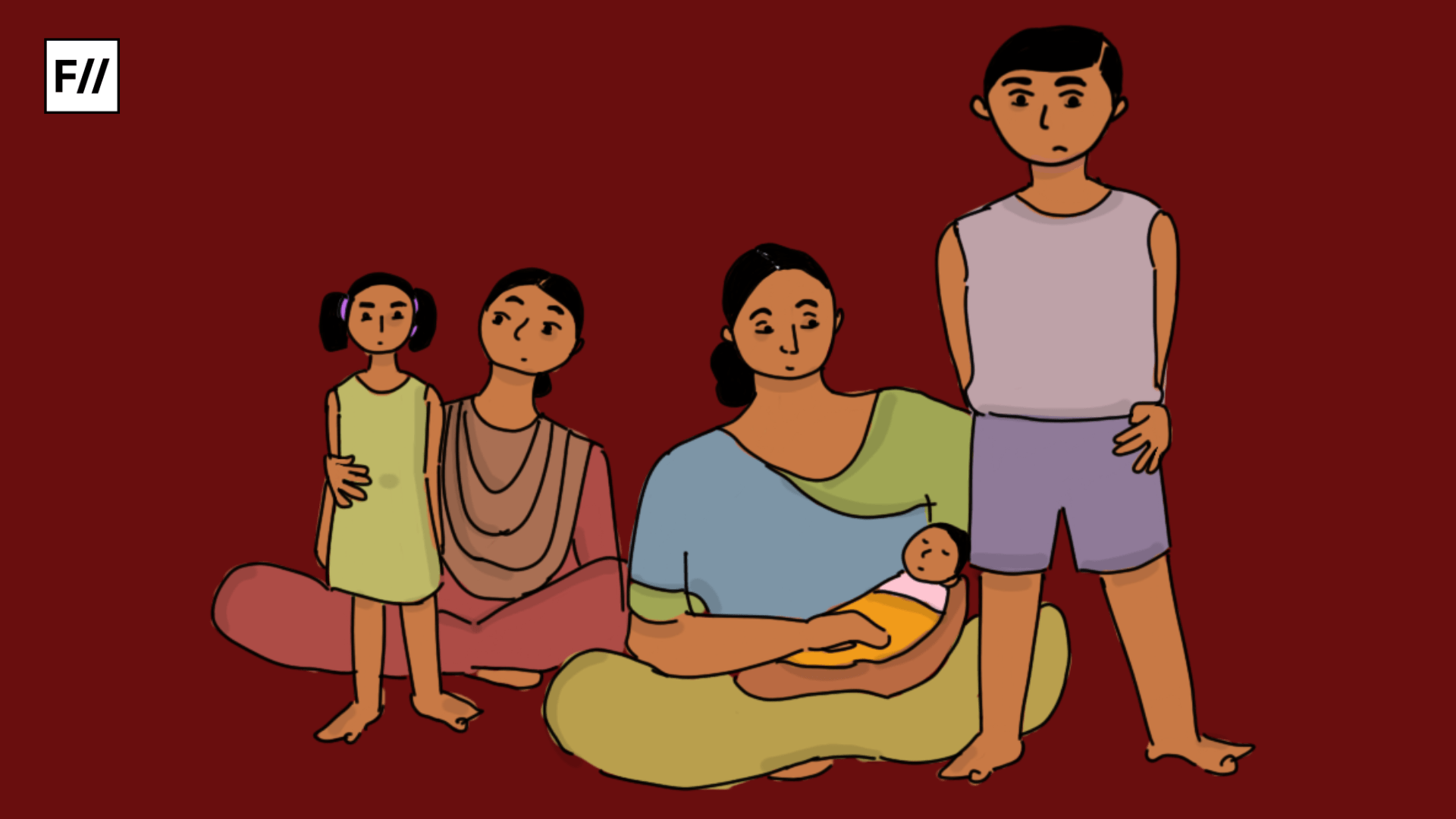
This also comes with the fact that while she is expected to go through a massive shift in terms of what she wants from life, as a mother, men are never taught nor expected to change when they embrace fatherhood. Patriarchy seldom expects the father to shoulder the same amount of responsibility for the child’s upbringing as the mother. It is also important to realise that while society is quick to judge women for making the choices she makes as a mother, a father is never as harshly critiqued when it comes to a child making mistakes.
Motherhood’s maternity
The larger question still remains. Is motherhood only about being physically capable of taking care of a child, or is there more to it? We’ve all come across women who describe motherhood as the most magical bond between a mother and a child, that makes all the spit ups, sleepless nights and diaper changes worth it. Why are women with disabilities then bared from experiencing such joy?
Simply because they are unable to perform domestic chores traditionally associated with maternity, that come with the terms and conditions only mothers are expected to fulfil. Why is maternal instinct not enough for them to have the right on the joys of motherhood? The same maternal instinct that is said to make it all “worth it” isn’t worth anything for a mother with a disability. Why is there a double standard?
Disabled women’s choice of motherhood
It seems almost as if everyone else thinks that a disabled woman’s choices with regards to motherhood are everybody’s business. Everybody’s decisions and opinions seem to matter except her. If societal expectations weren’t enough, the Indian state also has an opinion on a woman with disability’s right to embrace being a mother. It is apparent from the numerous cases of medical infantilisation of women with disabilities, wherein doctors and family members take it upon themselves to decide if the woman should undergo hysterectomy.
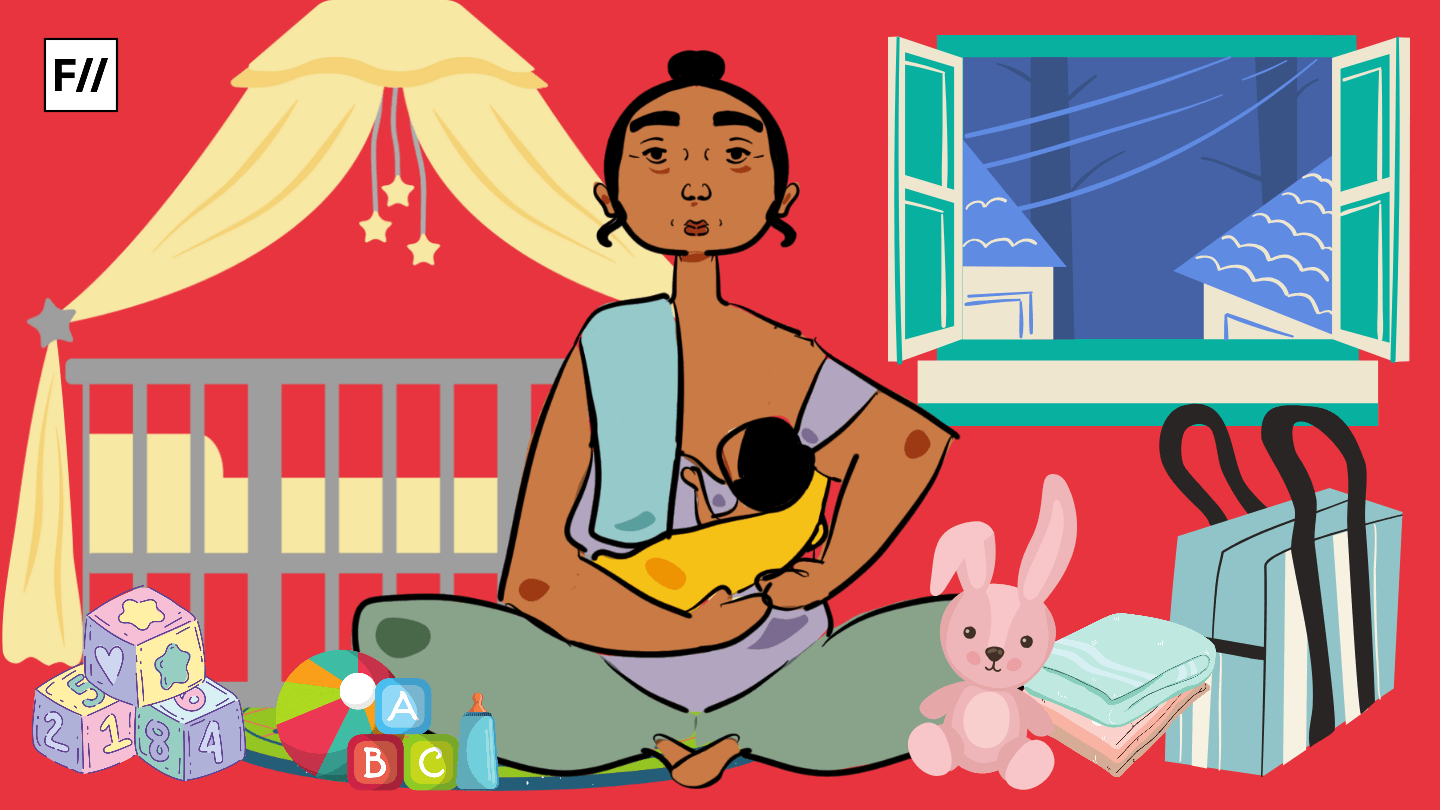
This is essentially a procedure wherein a woman’s uterus is removed, because she is considered “unfit” to be able to handle her menstrual cycle and is considered better off without the “added responsibility”. She is hence stripped off her autonomy, her agency over her own body and her choice of motherhood. It has been often observed that often these decision makers and the doctors conducting these hysterectomies are men.
In a world that already considers women incapable of making her own decisions, it is hardly surprising that men consider it their right to take decisions for a woman. Hysterectomies have so far been known to be performed primarily on women with intellectual disabilities.
The fundamental questions though remain. Is motherhood a luxury, only afforded to abled bodied women?
The fundamental questions though remain. Is motherhood a luxury, only afforded to abled bodied women? Is the only valid motherhood that which is practiced the shackles of patriarchy?
The different faces of motherhood
This also raises the question on a woman’s right and the choice to adopt in a society that lays a huge amount of importance on the concept of “apna khoon”. A woman’s motherhood then is not just characterised by having a child, it has much more to do with extending the family’s lineage than her own personal choice. The fact is that adoption in India is somehow characterised by “shopping for a child” wherein it isn’t about the child’s well-being and what’s best for them but about what “fits” in a family.
A dark child, a girl child, a sick child, a disabled child or a “difficult” child are all crossed out of that list even before applying in an adoption agency. These terms and conditions are not kept in place by the parents always. They are often given to a couple to act as a checklist of what not to have in a child, as if all of these were the things in their “apna khoon”, they wouldn’t accept him or her, or maybe they really wouldn’t.
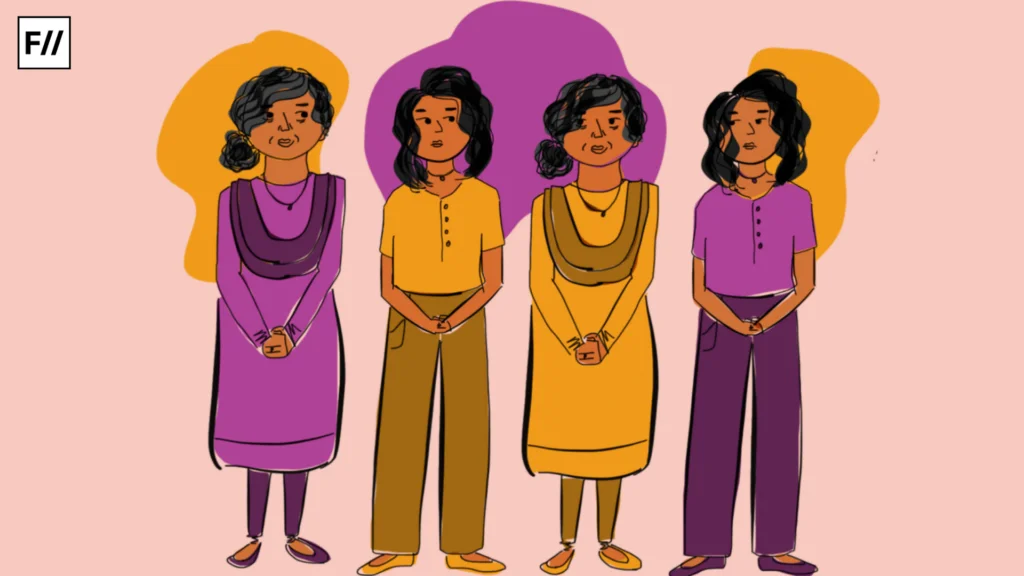
As a society, as a nation where women, their choices, autonomy, identity and personhood are constantly scrutinised, where her motherhood is not her to embrace or choose but a rite of passage sanctioned by patriarchy, shackled by its norms and definitions of a “good mother” its high time we introspect. We have been thrusting motherhood on women who may not want kids while barring those with the highly acclaimed ‘maternal instinct’ from embracing it. It is high time we let women with disabilities choose motherhood, let them choose adoption or whatever motherhood looks like for them.
